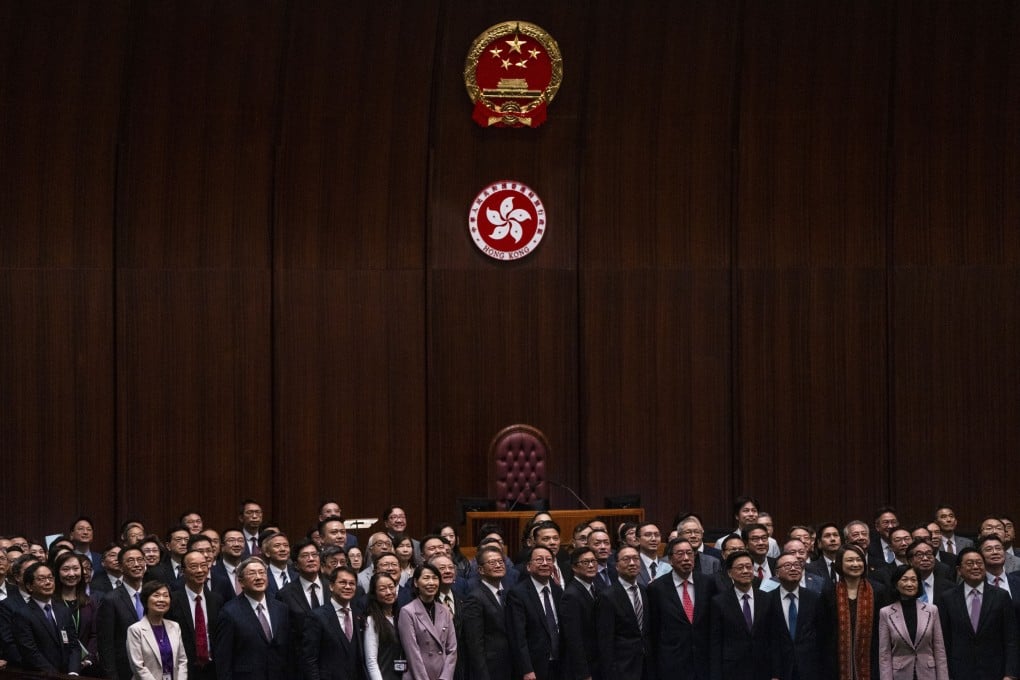Advertisement
Global Impact: Article 23 is here, but what does Hong Kong’s national security law mean as foreign governments, firms react?
- Global Impact is a weekly curated newsletter featuring a news topic originating in China with a significant macro impact for our newsreaders around the world
- In this week’s issue, we take a step back from the ongoing debate after Hong Kong’s domestic national security was signed into law, and look at what is next for the city
Reading Time:5 minutes
Why you can trust SCMP
1

Global Impact is a weekly curated newsletter featuring a news topic originating in China with a significant macro impact for our newsreaders around the world. Sign up now!
So, what is life like under Hong Kong’s new domestic national security law?
It hasn’t made any difference to the vast majority of this city’s 7.5 million residents going about their daily lives so far – but barely two weeks have gone by since it was enacted, so the real impact will become apparent based on how it is applied in the months and years to come.
Advertisement
One immediate impact is that people jailed for national security crimes will find it harder to get early release for good behaviour under the changes stipulated by the domestic legislation.
The new law has come into force nearly 27 years after the city’s return to Chinese sovereignty, and more than two decades after an older version was shelved because of strong public opposition when the government first attempted to introduce it.
This time round, with the legislature stripped of any opposition under a new political system that only allows those deemed as “patriots” to occupy public office, the government was able to fast track the passage of the law.
Advertisement
Advertisement
Select Voice
Select Speed
1.00x
